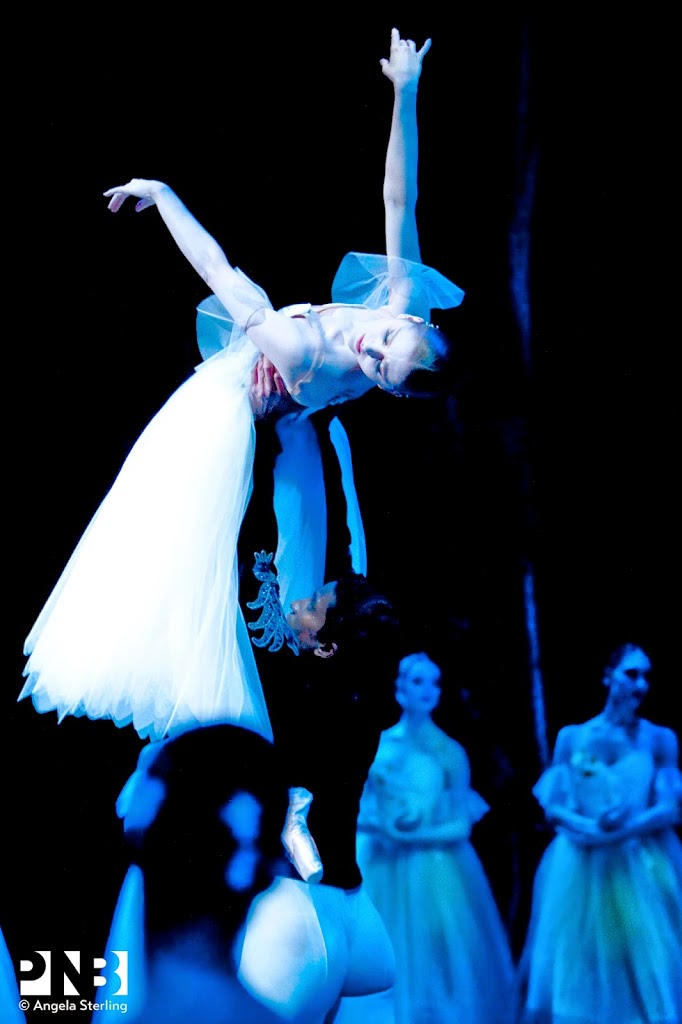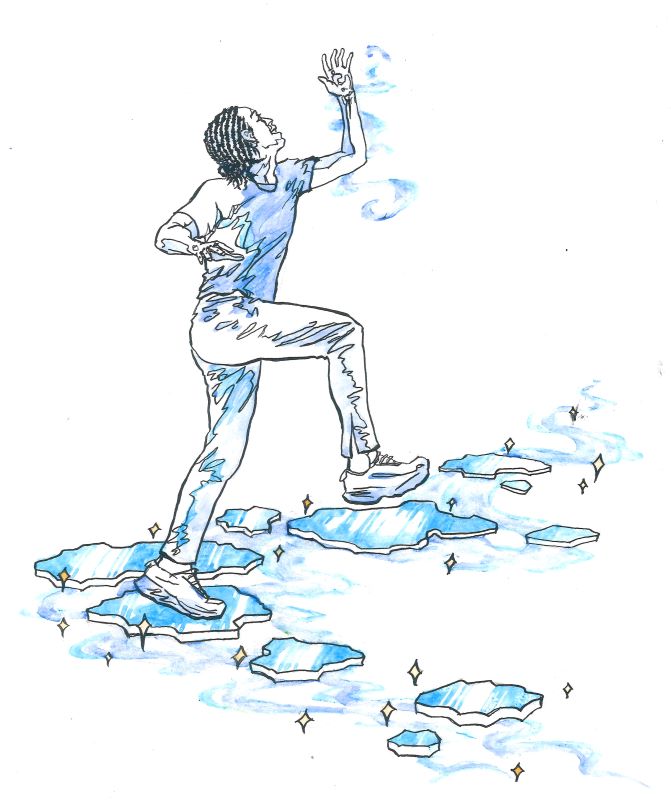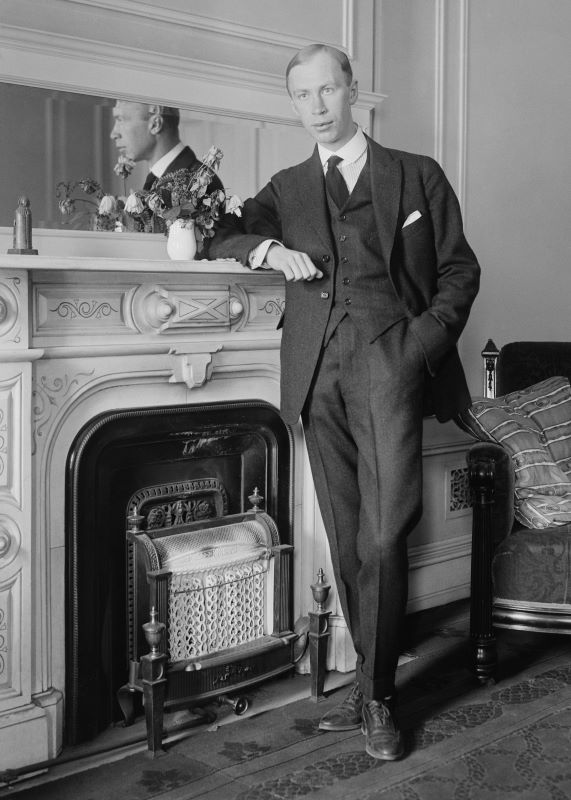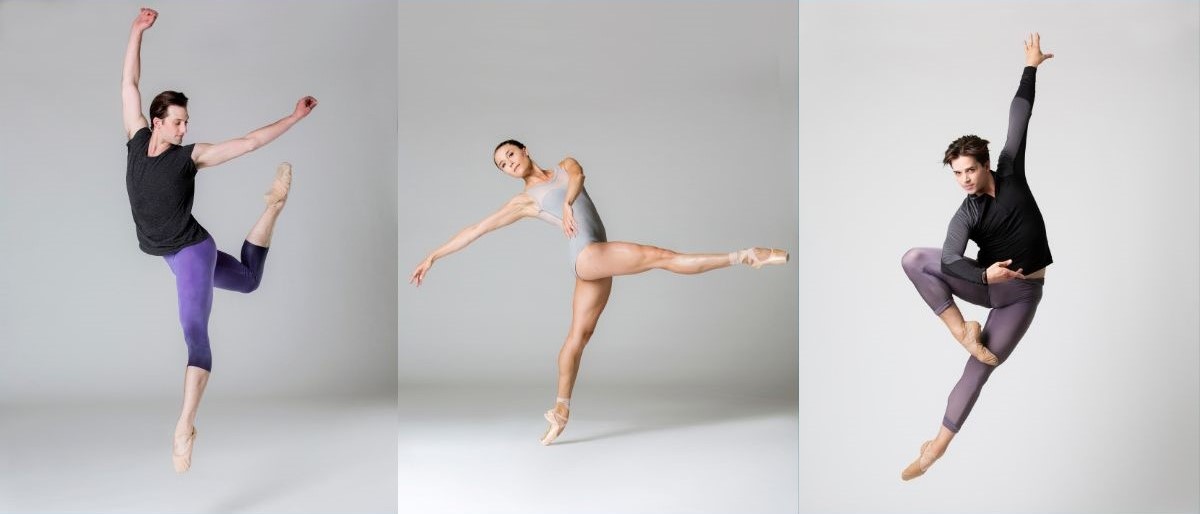
Pacific Northwest Ballet’s 2011 production of Giselle has been staged by PNB artistic director Peter Boal, based in part on primary sources from Paris and St. Petersburg, with the assistance of dance historians Marian Smith and Doug Fullington. In 2014, new scenery and costumes designed by Jérôme Kaplan will be added to the production.

Giselle is widely acknowledged as the greatest ballet of the Romantic era. Premiering in Paris in 1841, Giselle tells the story of a peasant girl who dies of a broken heart after her fiancé is revealed to be a nobleman in disguise. In death, she joins the ranks of the Wilis, supernatural maidens who died before the wedding days and are doomed to take their revenge on men for eternity. In a miraculous display of love beyond the grave, Giselle saves her betrothed from certain death at the hands of her ghostly sisters. The ballet epitomizes the Romantic age with its idealization of country life, fascination with the supernatural, and obsession with the idea of the unattainable woman.

The sources utilized for Pacific Northwest Ballet’s Giselle include a repetiteur (rehearsal score) believed to have been prepared in Paris, circa 1842, to assist in the staging of Giselle in St. Petersburg that year. The repetiteur includes detailed information relating to the action of the ballet and how it relates to the score by French composer Adolphe Adam. Another primary French source is a complete notation of Giselle likely made in 1860’s Paris by Henri Justamant. This elaborate notation recently surfaced in a private collection in Germany and has now been published. The other important source is a choreographic notation made in St. Petersburg, circa 1899–1903. This notation was made using the Stepanov notation system developed in St. Petersburg in the early 1890s. The production represents French choreographer Marius Petipa’s version of Giselle that was based on the original Paris production, choreographed by Jean Coralli and Jules Perrot. The Stepanov notation of Giselle was used in the West for historic stagings by Paris Opéra Ballet and the Vic-Wells Ballet (now the Royal Ballet). The notation is now housed at the Harvard Theatre Collection.

In collaboration with Peter Boal, who has overseen the entire staging, Marian Smith concentrated on the French sources and their use for the action of the ballet, and Doug Fullington reconstructed choreography using the Stepanov notations. This production marks the first time an American ballet company has based a production on Stepanov notation as well as the first use in modern times of the rare French sources for Giselle . Peter Boal has also taken into account the rich performance history of Giselle in fashioning a production that both honors the past and appeals to today’s audience.

VISIT PNB.ORG TO LEARN MORE ABOUT GISELLE AT PNB
May 30-June 8, 2014.
Featured photo: PNB dancer Carla Korbes in Giselle, photo © Angela Sterling.


